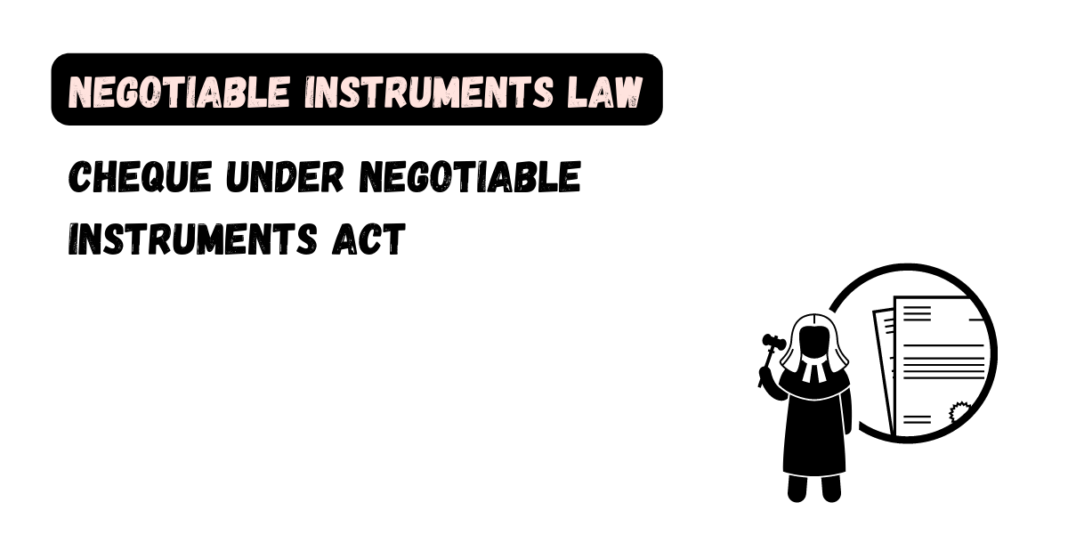Definition
A cheque is a written instrument that contains an unconditional order by the account holder (known as the drawer) to a bank or financial institution (known as the drawee) to pay a specific sum of money to the person or entity named as the payee.
Parties Involved
Parties involved in a cheque transaction:
- Drawer: The person who writes and signs the cheque, instructing the drawee bank to make the payment.
- Drawee: The bank or financial institution on which the cheque is drawn. It is responsible for making the payment as per the drawer’s instructions.
- Payee: The person or entity named on the cheque who is entitled to receive the payment.
Essential Elements of a Cheque
A cheque must fulfill certain requirements to be considered valid:
- It must be in writing and signed by the drawer.
- It must contain an unconditional order to pay a specific amount of money.
- The payment should be made to the named payee or to the bearer of the cheque.
- The cheque should be drawn on a specified bank.
- It should be payable on demand.
Types of Cheques
- Bearer Cheque: A bearer cheque is payable to the person who possesses or holds the cheque. It can be negotiated by mere delivery and does not require endorsement.
- Order Cheque: An order cheque is payable to a specific person or entity named as the payee. It requires endorsement (signing on the back) by the payee to transfer the cheque to another party.
- Crossed Cheque: A crossed cheque contains two parallel lines across its face, indicating that it can only be deposited into a bank account and cannot be immediately cashed over the counter. It enhances security and prevents unauthorized persons from obtaining the payment in cash.
- Open Cheque: An open cheque is not crossed, and the payment can be obtained over the counter in cash. It is generally considered less secure than crossed cheques.
Duties and Liabilities of Parties
- Drawer’s Duty: The drawer must ensure that they have sufficient funds in their bank account to cover the cheque amount at the time of issuing the cheque.
- Drawee’s Liability: The drawee bank is obligated to make the payment as per the drawer’s instructions, provided the cheque is valid and the necessary funds are available in the drawer’s account.
- Payee’s Rights: The payee has the right to receive the payment from the drawee bank and can take legal action if the cheque is dishonored or if there are insufficient funds.
- Dishonor of Cheque: If a cheque is dishonored, the payee can take legal recourse and initiate legal proceedings against the drawer, which may result in penalties or liabilities for the drawer.
Cheque Clearing Process
Cheque clearing is the process by which banks exchange cheques and settle payments. The exact clearing process may vary depending on the jurisdiction, but it typically involves the presentation and verification of cheques by the drawee bank, followed by the settlement of funds between banks.





